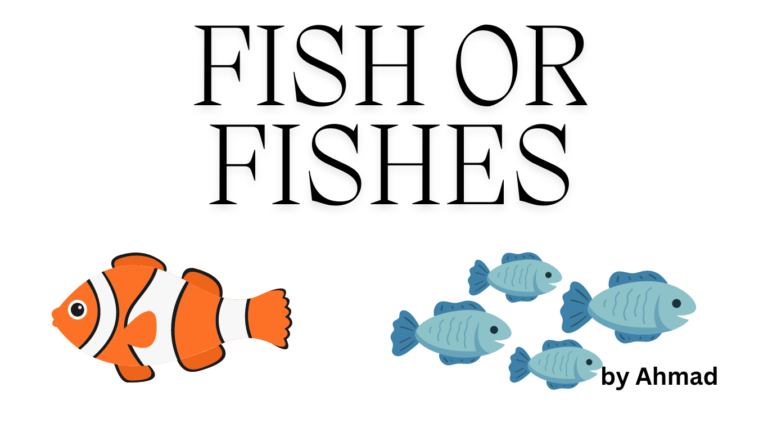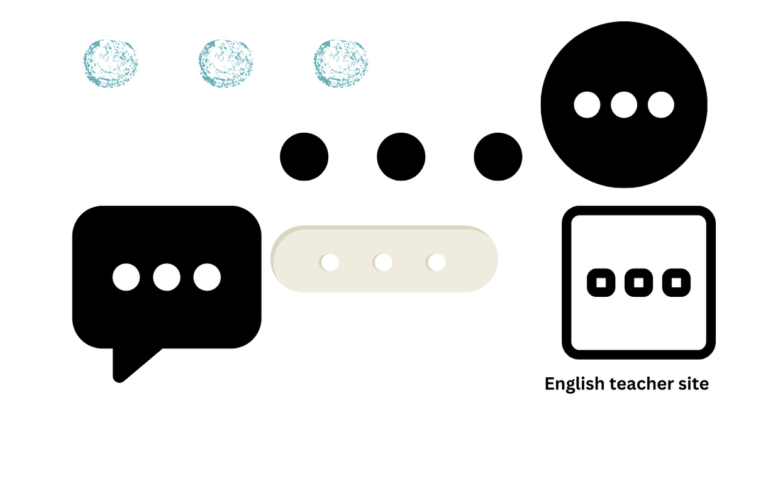Irregular Plural Nouns: Mastering English Language Exceptions
The formation of irregular plurals can be categorized into various patterns. For instance, some nouns change a vowel sound to indicate plurality, like “man” becoming “men.” Others retain their singular form even in plural use, such as “sheep” or “deer.” Then there are words that completely overhaul their original form, like “child” to “children.” Mastery…




